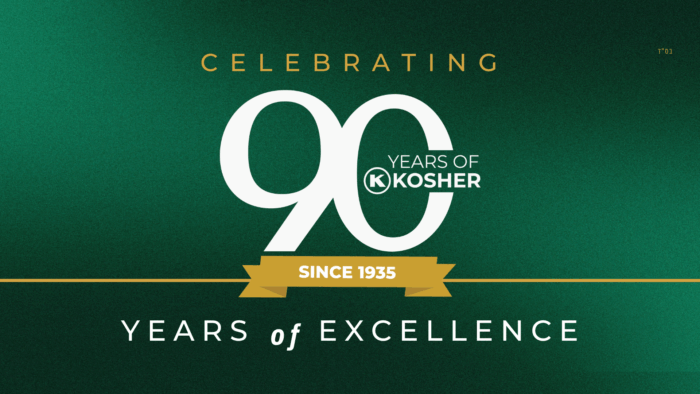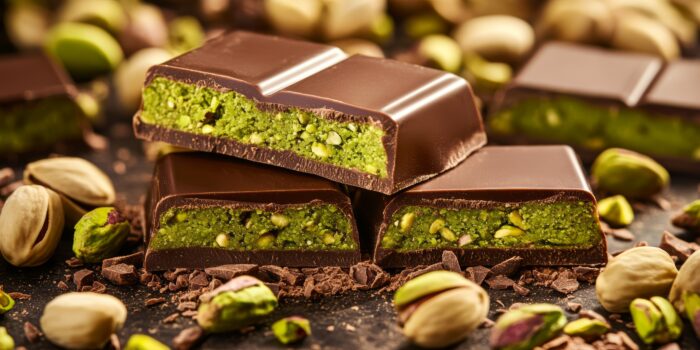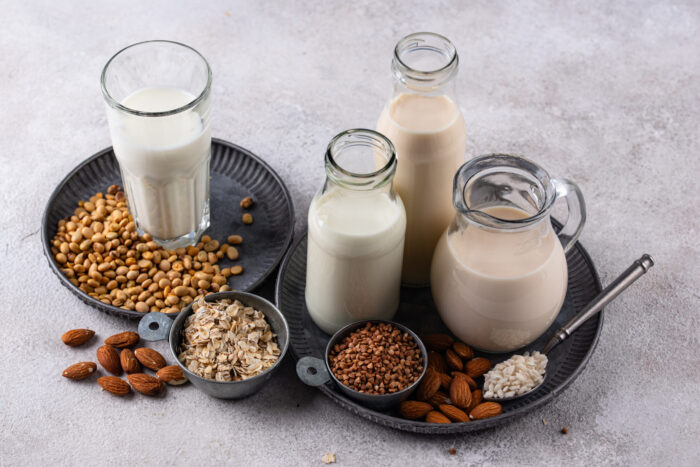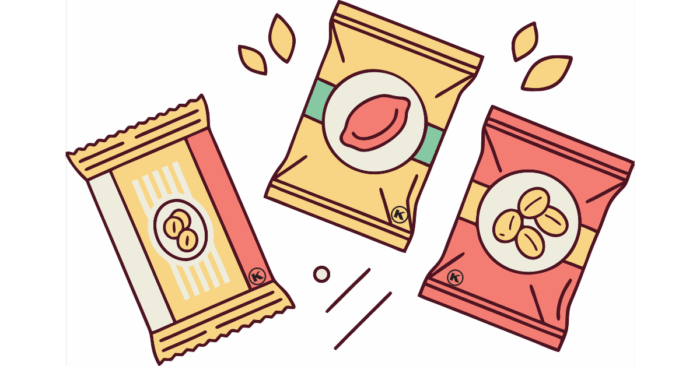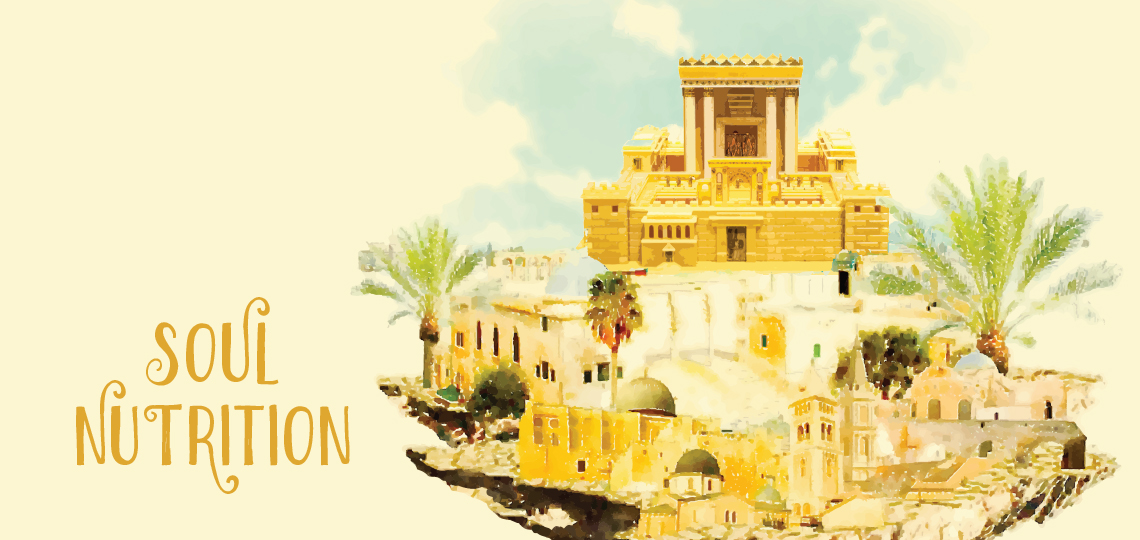
The Bread of Afflication
The opening line of Maggid is “Hei lachma anya… (The Bread of Affliction eaten by our ancestors…)” The Aramaic phrase “di achalu avhasana” conventionally translated as “eaten by our ancestors” can also be interpreted as meaning, “which ate our ancestors”. In Kabbalah, “avos” also refers to a person’s intellect, because intellectual understanding creates love and fear of G-d. The afflictions of Golus cloud our ability to understand and concentrating on spiritual matters. – Rabbi Yosef Y. Schneersohn, the Sixth Lubavitcher Rebbe
Geulah and Golus
Along the same vein as the previous thought, after reciting Shema in Shacharis we say, “V’yatziv, v’nachon, v’kayam… (True and certain, established and enduring…)” These 15 expressions of praise are only recited in the morning, because the morning is compared to Geulah. In the evening, we say, “V’emunah kol zos… (And belief is all this…)” Nighttime is compared to Golus and in the time of spiritual concealment all we can rely on is our simple faith in G-d.
Seeing the Best in the One You Love
Reb Levi Yitzchok of Berditchev gives a Chassidic explanation of two of the names of Passover: Pesach and Chag HaMatzos. The Jews call the holiday Pesach, praising G-d for passing over the Jewish homes in Egypt. G-d, through the Torah, calls the holiday The Feast of Matzos in celebration of the self-sacrifice of the Jews who left Egypt without even taking the time to prepare food for the journey!
Experiencing Joy on Pesach
The Lubavitcher Rebbe often said that Pesach should not be burdensome and we should not do work that is not necessary and causes strife in the name of “Pesach cleaning”. He said, “In the spiritual realms, the Divine Presence rejoices on Pesach. This happiness should be reflected in our hearts.”
Rabbi Chaim Fogelman is a member of the OK Kosher Vaad HaKashrus.


 EN
EN  ZH
ZH  KR
KR  BR
BR  ES
ES  IN
IN  IL
IL 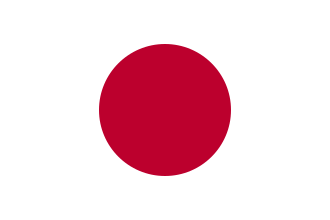 JP
JP 
